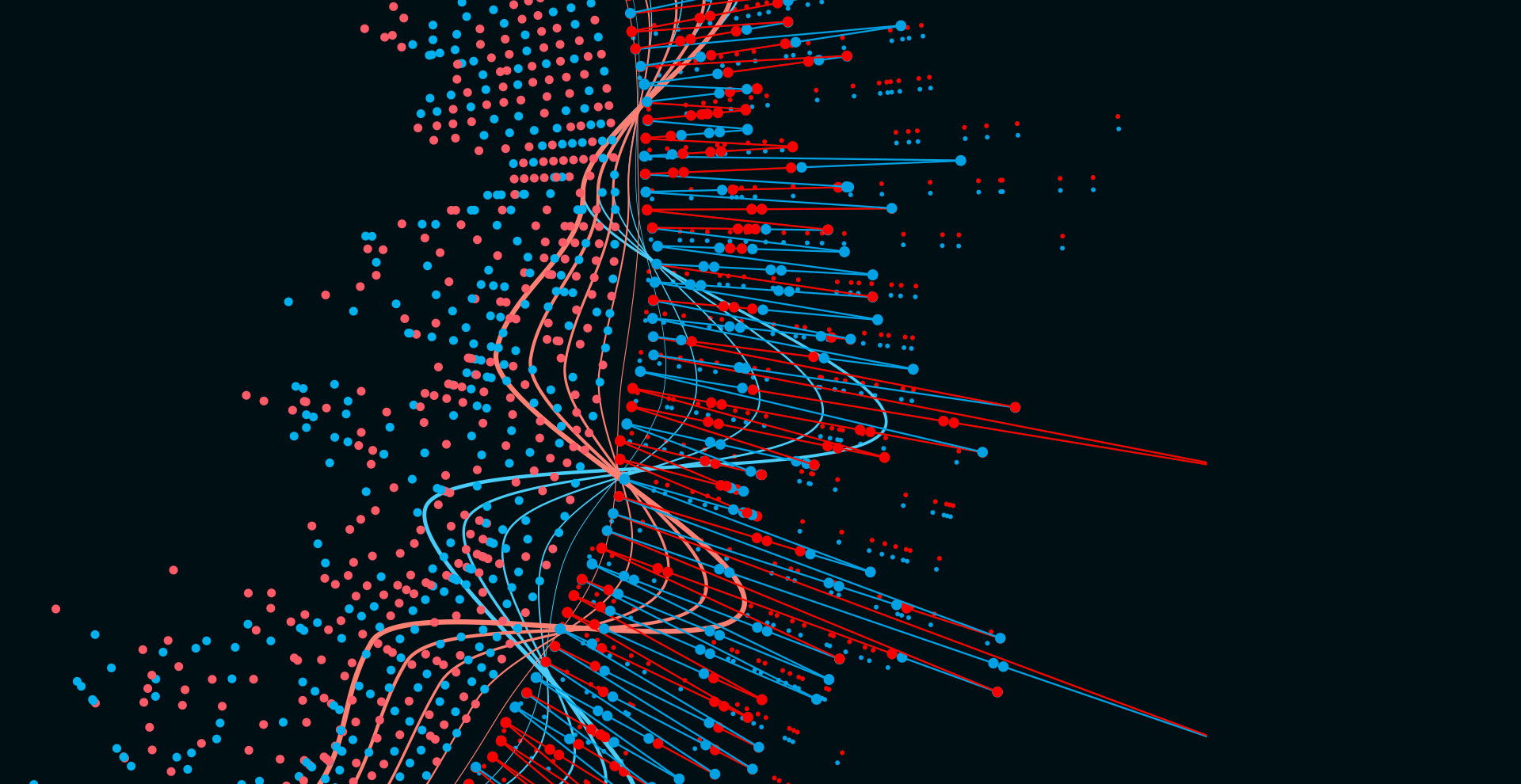Program Objectives
The Master's degree in Modeling, Optimization, Decision-Making, and Organization (MODO) aims to train specialists capable of mastering the concepts and tools related to decision support and operational research (ADRO), as well as the associated computer techniques. The program places particular emphasis on modeling, theoretical foundations, the development of methods and algorithms, and their integration within organizations.
Training objectives :
- Acquire a good knowledge of process modeling, concepts, algorithms, and software for optimization and decision support.
- Be able to develop research questions and design solutions.
- Be able to integrate decision support methods and tools within organizations.
The program offers a wide variety of courses to choose from based on students' interests and perspectives. While providing a common foundation of skills in ADRO, it aims to allow students who wish to do so to either specialize heavily in one option or to mix and match their choices between the different options. The three options offered cover different aspects of ADRO: Decision Making, Combinatorial Optimization and Organization.
- The Decision Making option focuses on decision support in its various aspects. It pays particular attention to the consideration of multiple criteria, uncertainty, algorithmic aspects, and modeling.
- The Combinatorial Optimization option is dedicated to the study of the fundamental theoretical and applied aspects of combinatorial optimization (complexity theory, development of efficient algorithms, graph theory, combinatorial optimization models, etc.).
When you enroll in a Master's program, you also join Université PSL. Ranked in the top 50 universities in the world (THE and QS), PSL offers excellent graduate programs at the Master's and PhD level, which benefit from the scientific capabilities of its member institutions. The degree is prepared at Université Paris Dauphine-PSL and awarded by Université PSL.

- Types of education
- Initial training
- Language(s)
- French and English
- ECTS Credits
- 60 credits
- Internship
- 20 weeks
- Capacity
- 25
- Type of Diploma
- National diploma conferring the Master's degree
- Academic Year
- 2025/2026

The challenges of the ecological and social transition in the Master's degree programs
Several courses and tools are offered to students in the Master’s program, regardless of their specialization
- “Ecological Transition and Social Responsibility” Certificate
- “Dauphine Durable” SPOC A common base of knowledge in the areas of ethics, social responsibility and sustainable development. It tackles the basics of CSR: control, human resources, finance, marketing, strategy, climate issues and the environmental transition.
- “Managing SDGs” SPOC A unique learning experience in which students from multiple countries work together on real-life case studies.
- Virtual University of the Environment and Sustainable Development At PSL, Dauphine is a founding member of Université Virtuelle Environnement et Développement durable (Virtual University of the Environment and Sustainable Development), which allows it to provide its students with a set of resources and MOOCs.
